I am trying to read the list of modules available in a given Java 9+ installation, given its Java Home, using the method described in How to extract the file jre-9/lib/modules?.
The solution works, but it appears that the resources allocated to read the content of the Java Runtime Image are never freed, causing a memory leak, observable with VisualVM for instance:
How can I fix the memory leak in the following reproduction?
package leak;
import java.net.URI;
import java.net.URL;
import java.net.URLClassLoader;
import java.nio.file.FileSystem;
import java.nio.file.FileSystems;
import java.nio.file.Files;
import java.nio.file.Path;
import java.nio.file.Paths;
import java.util.Collections;
import java.util.Map;
import java.util.stream.Stream;
public class JrtfsLeak {
public static void main(String[] args) throws Exception {
Path javaHome = Paths.get(args[0]);
for (int i = 0; i < 100000; ++i) {
modules(javaHome).close();
}
}
private static Stream<Path> modules(Path javaHome) throws Exception {
Map<String, String> env = Collections.singletonMap("java.home", javaHome.toString());
Path jrtfsJar = javaHome.resolve("lib").resolve("jrt-fs.jar");
try (URLClassLoader classloader = new URLClassLoader(new URL[] { jrtfsJar.toUri().toURL() })) {
try (FileSystem fs = FileSystems.newFileSystem(URI.create("jrt:/"), env, classloader)) {
Path modulesRoot = fs.getPath("modules");
return Files.list(modulesRoot);
}
}
}
}
